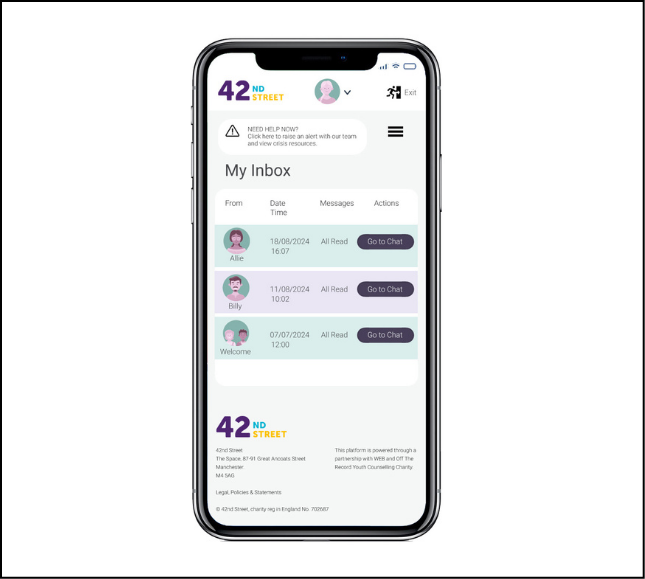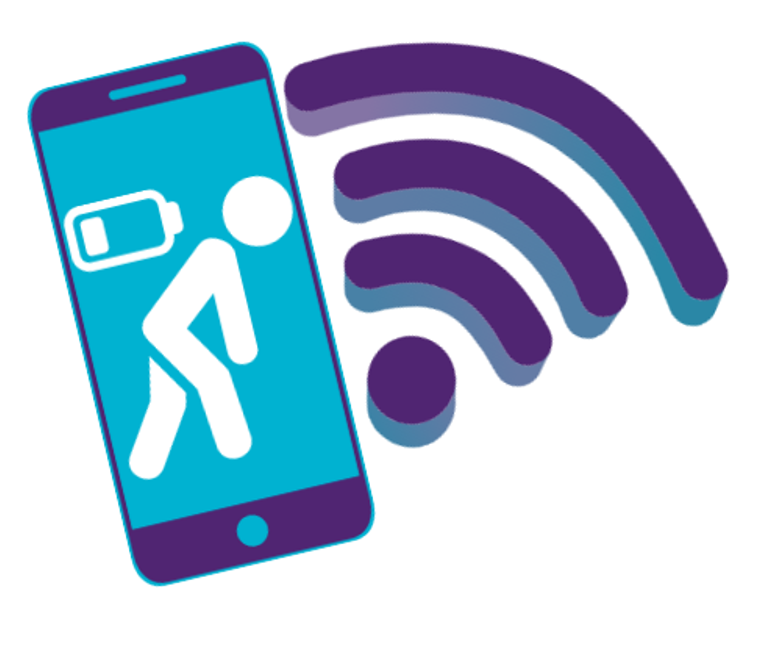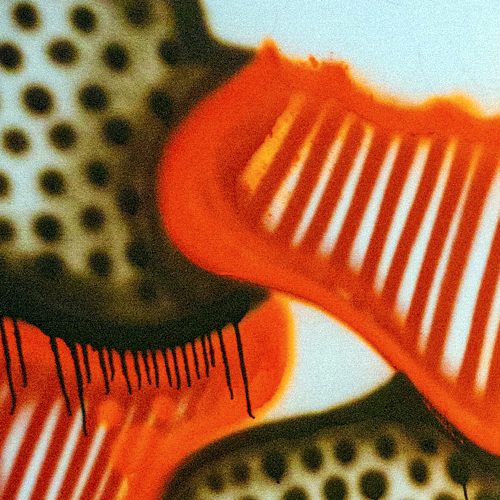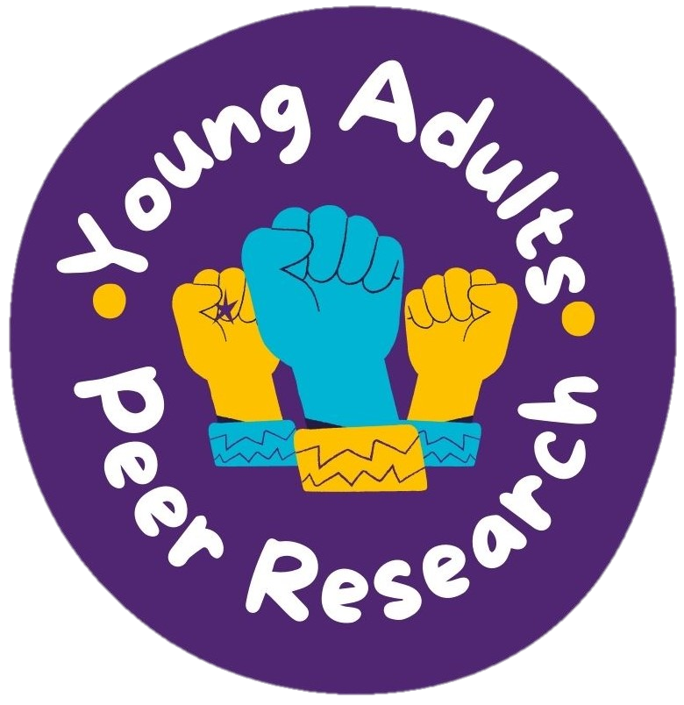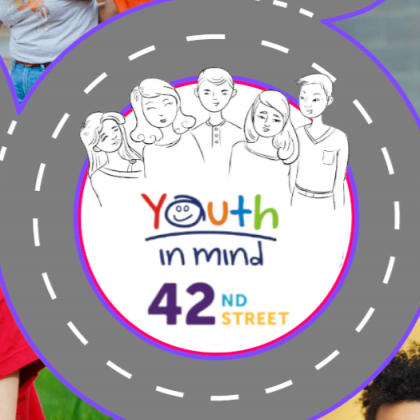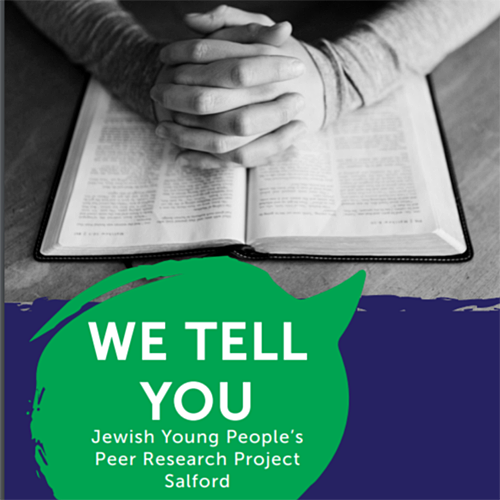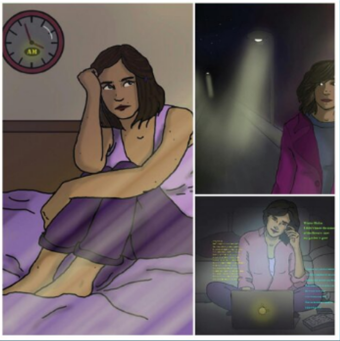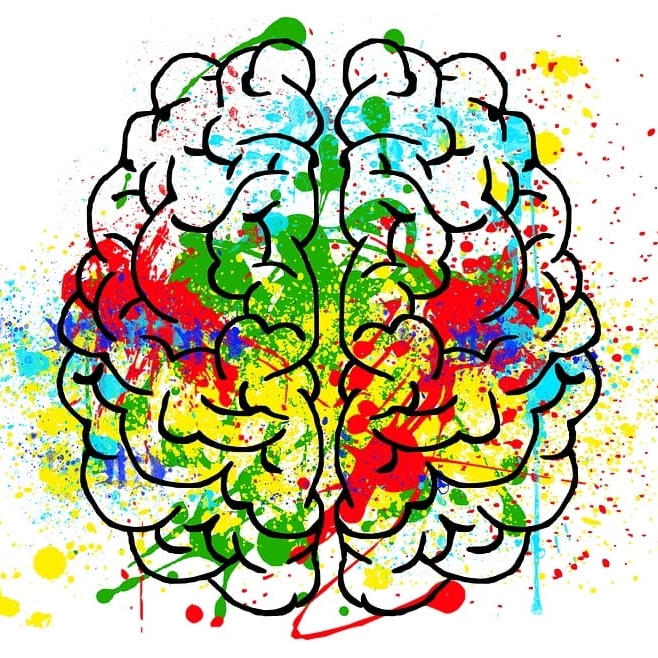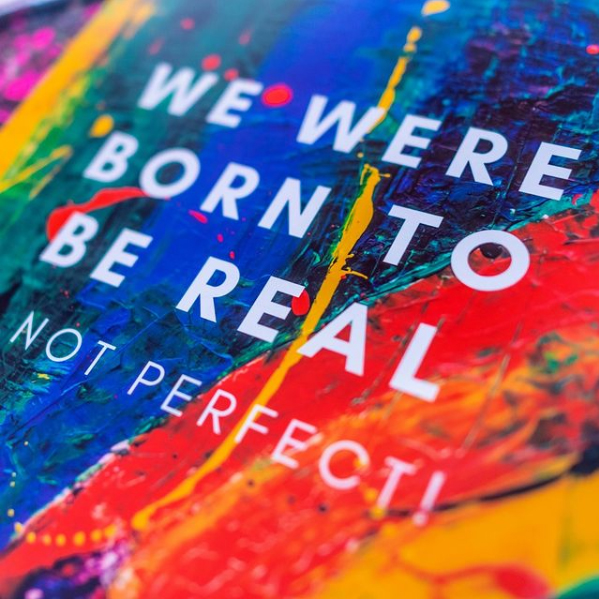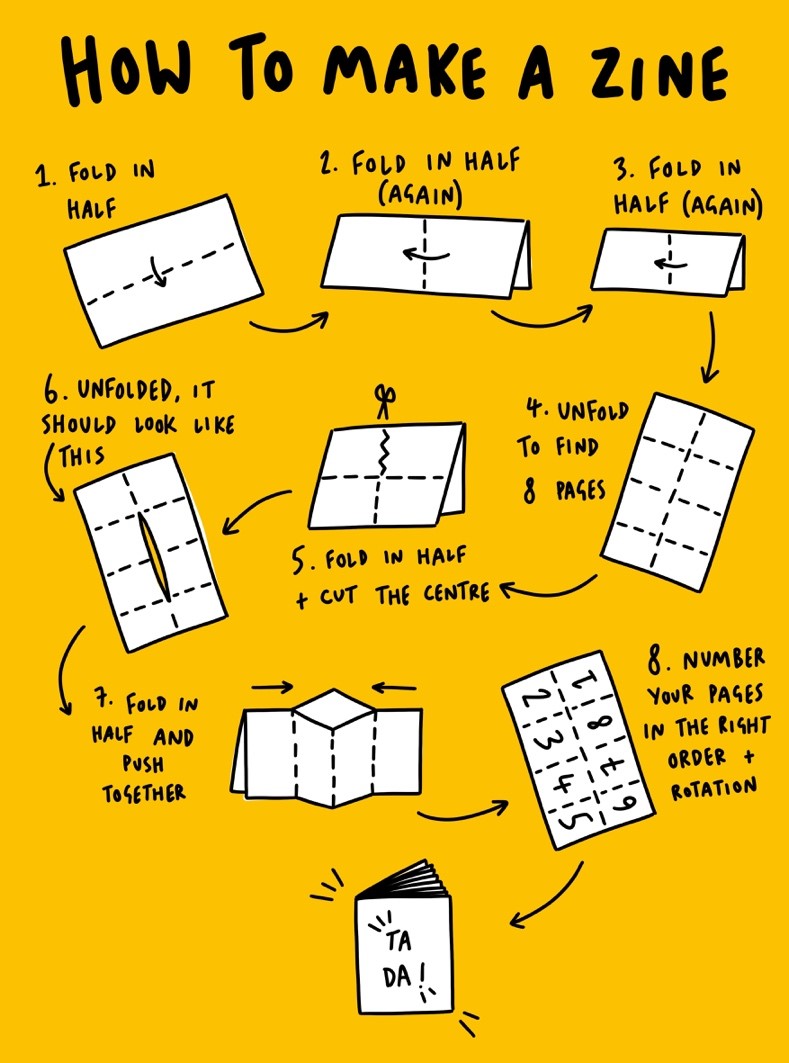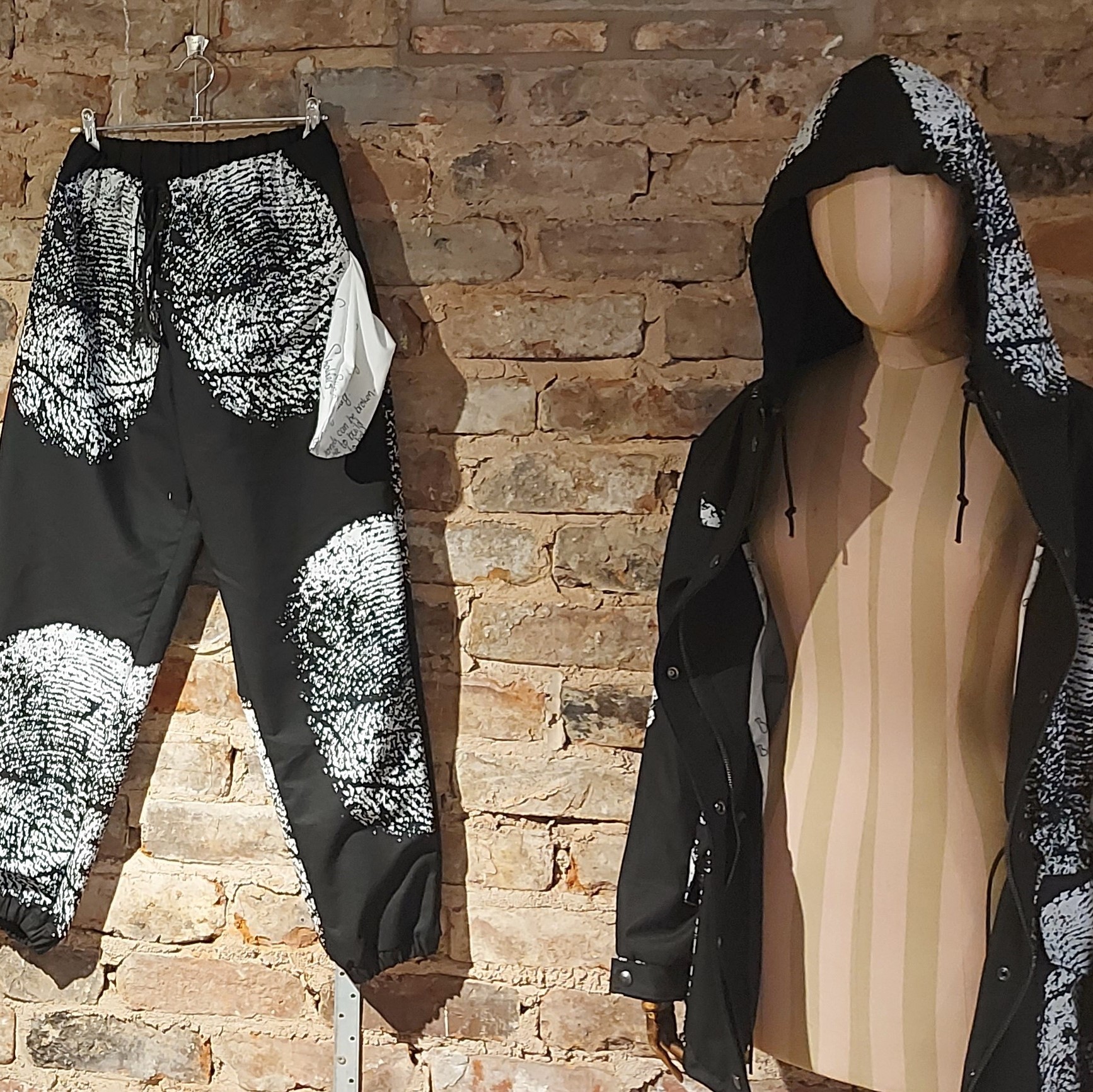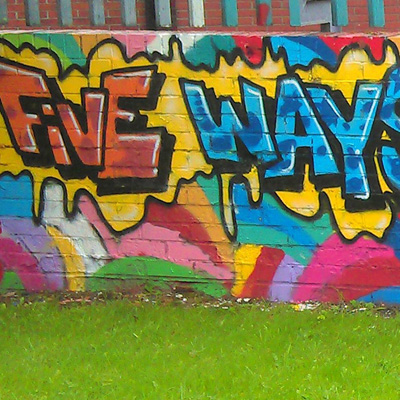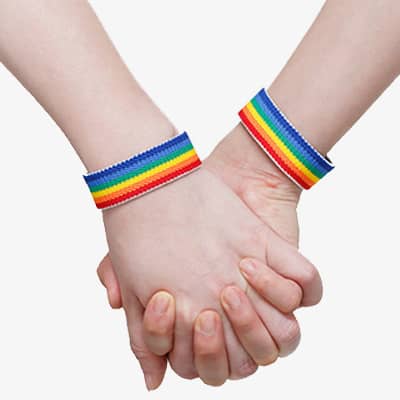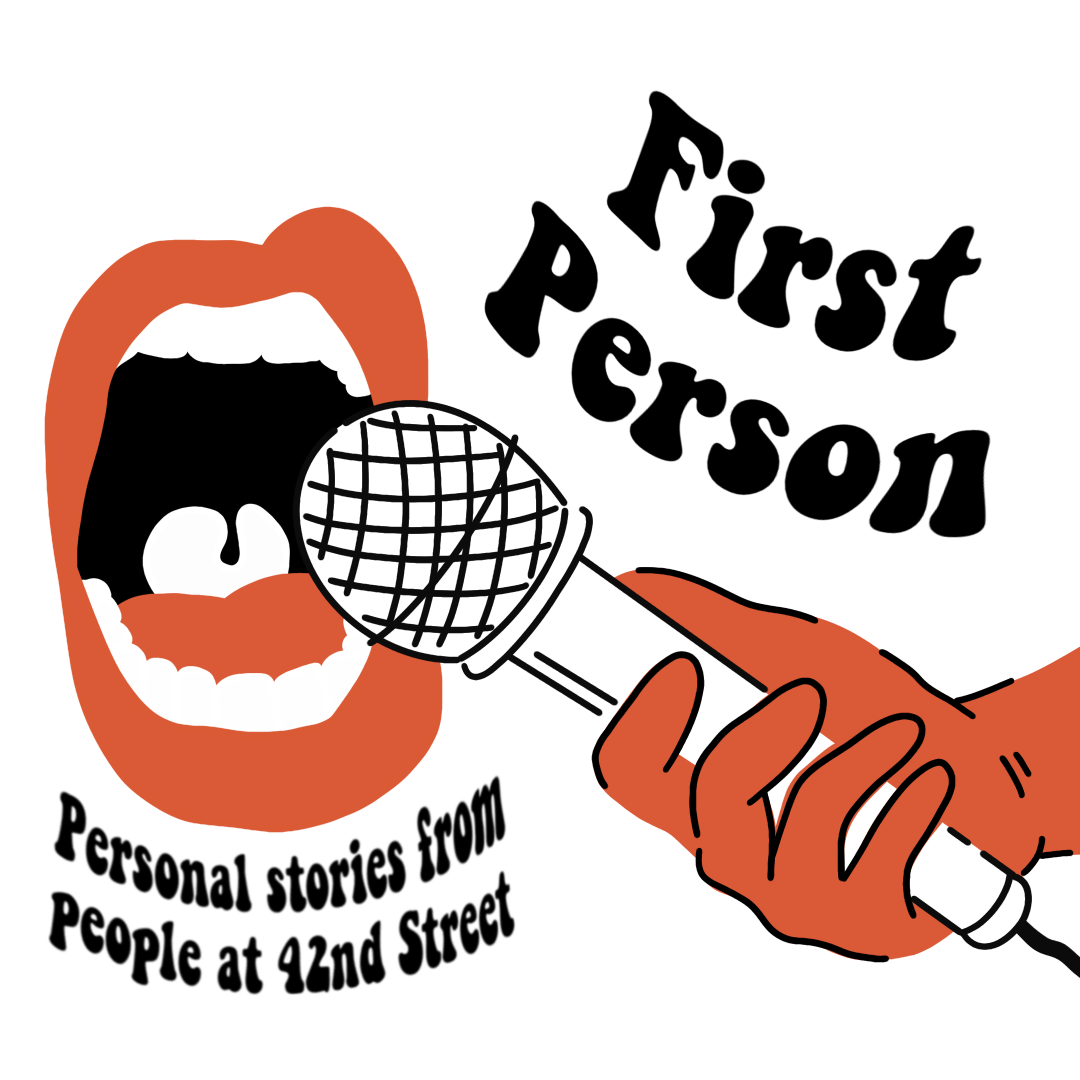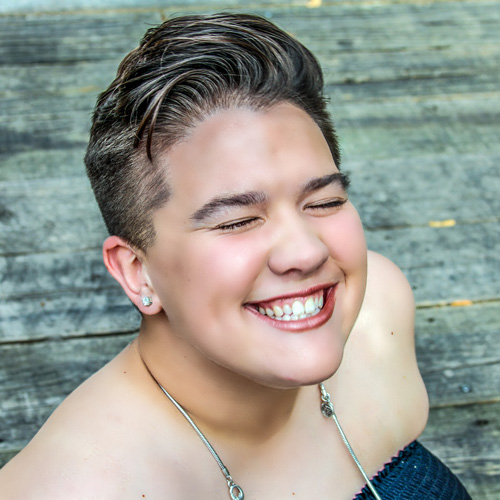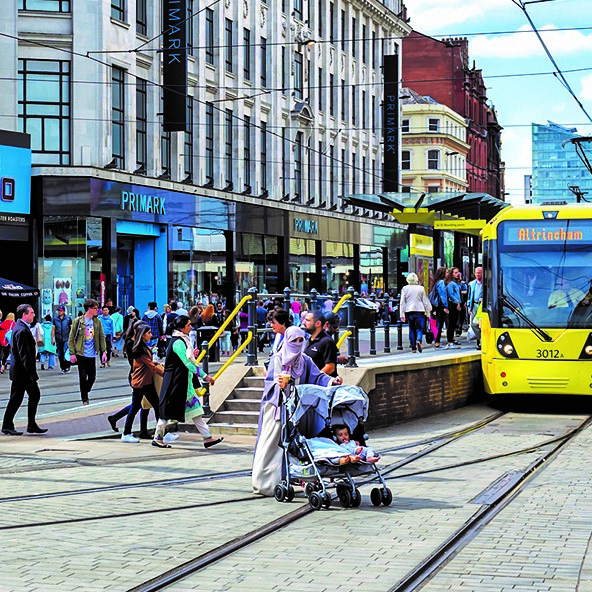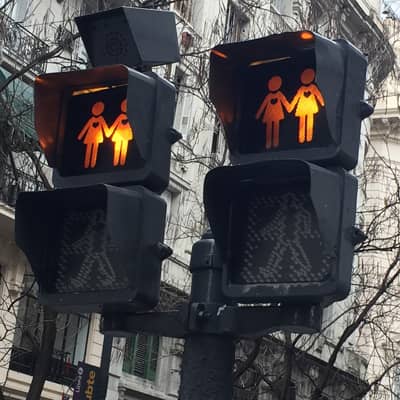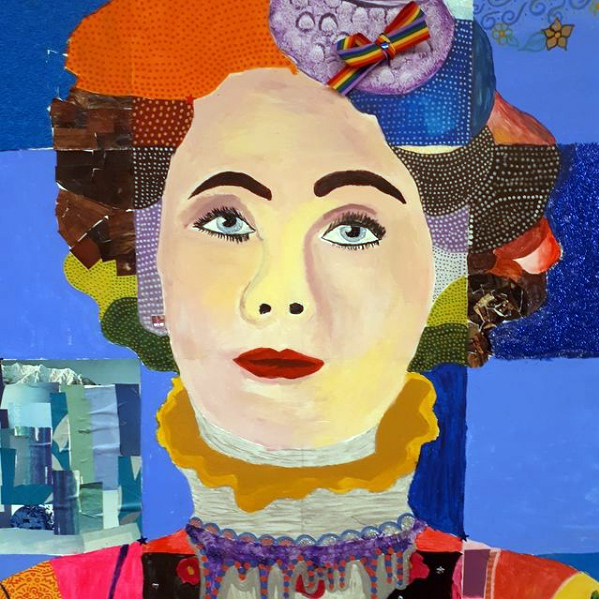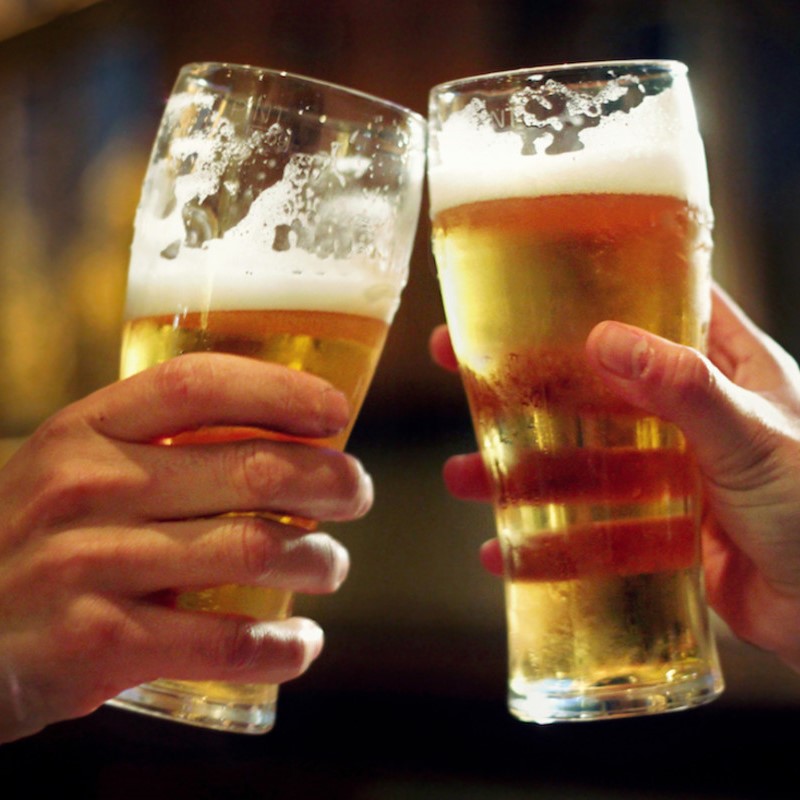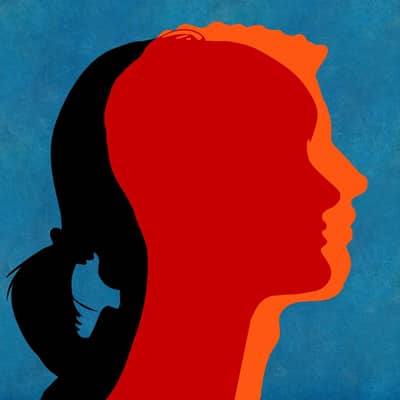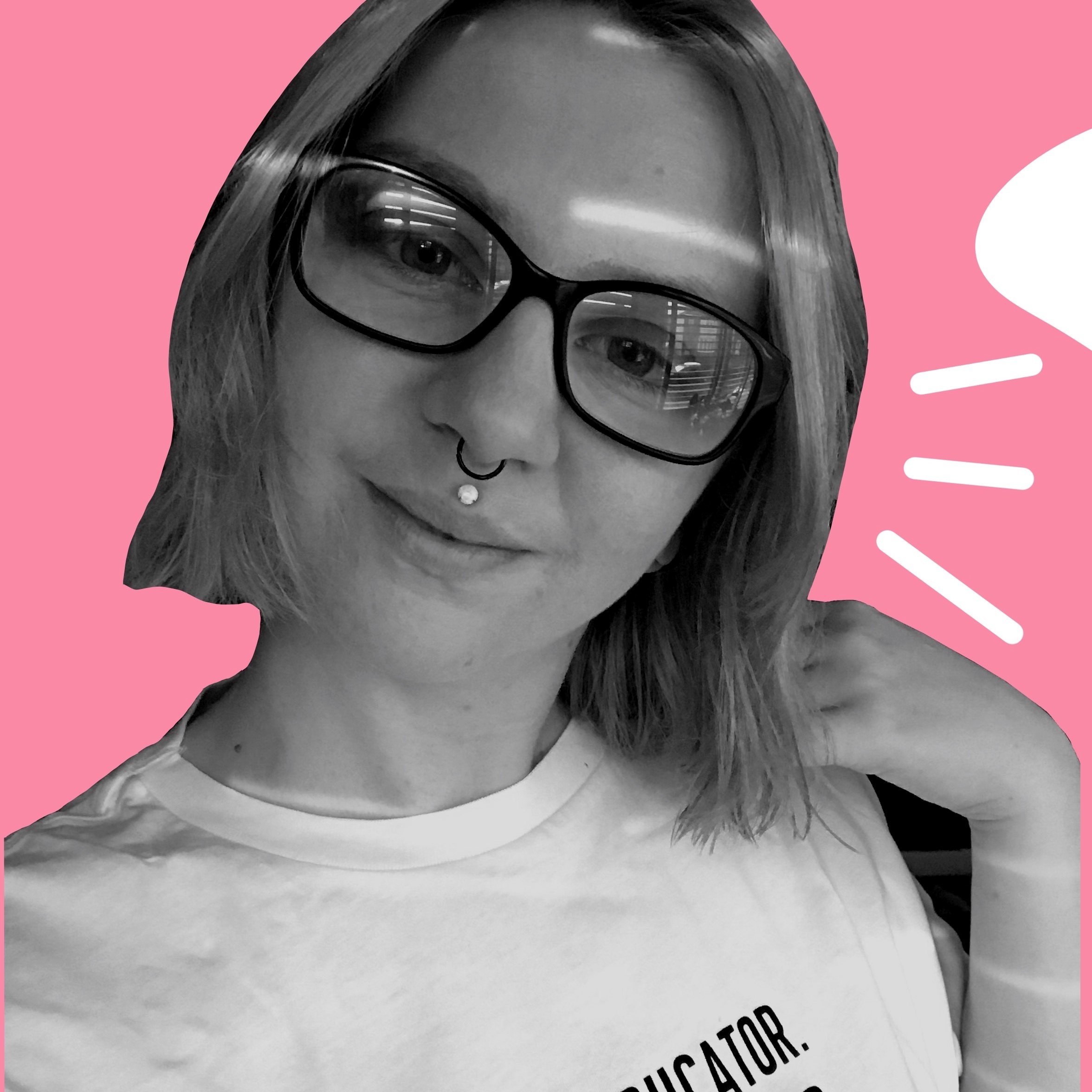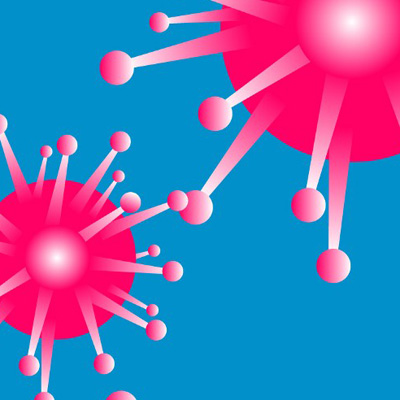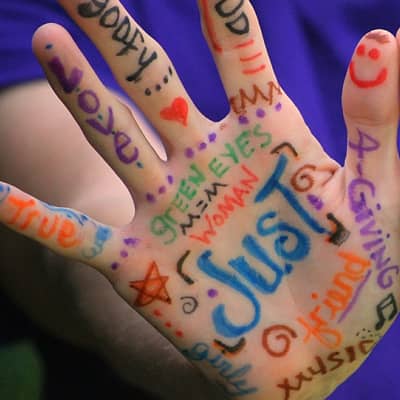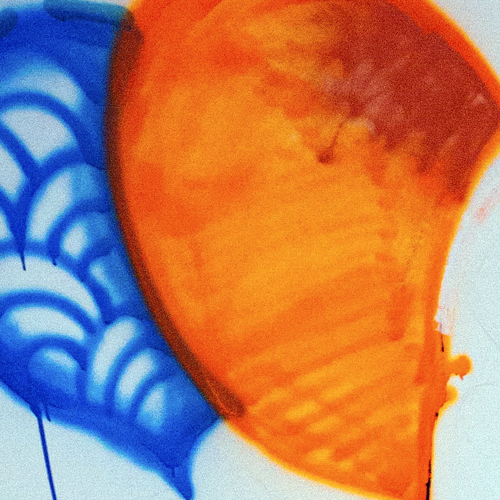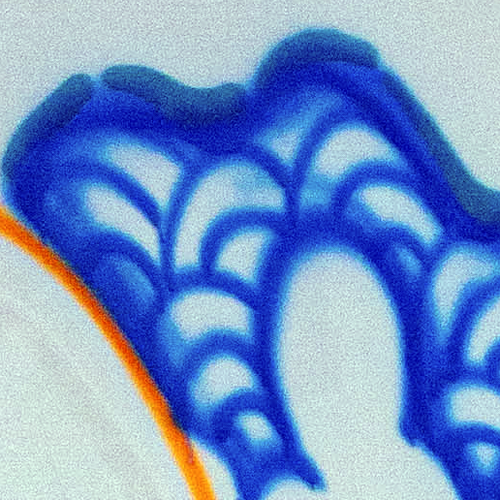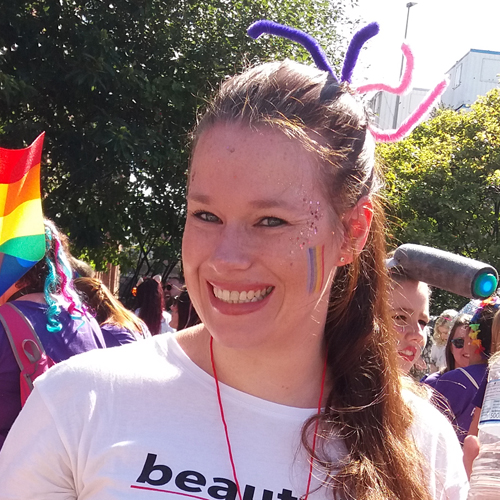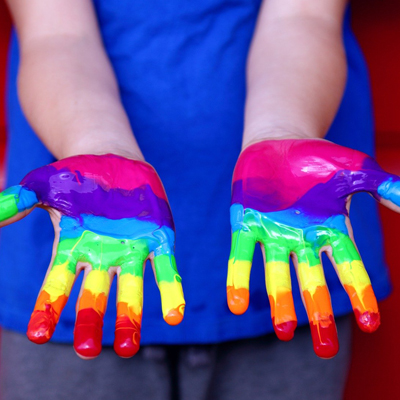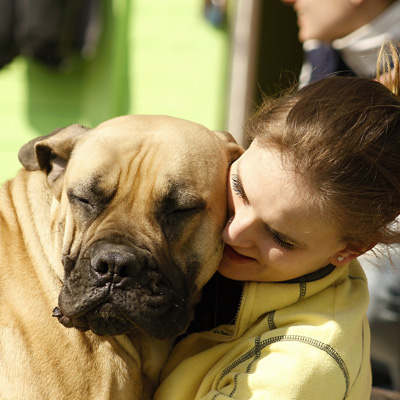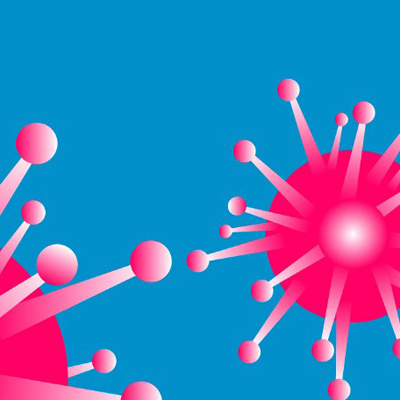Gender Jargon Buster

There’s a lot of terms that get used around gender, and it can get a little confusing. Here’s a quick guide to some of the more common terms that come up. As usual it’s completely up to you if you use any of terms for yourself or not – labels should work you not anyone else!
Pronouns
Cisgender
Trans
Short for “transgender”.
Someone who identifies as a different gender to the one assigned at birth. Sometimes “trans” gets used as an umbrella term for anyone who doesn’t identify as cisgender.
Transition
The period when someone changes their outward appearance to match their gender identity, which may involve surgery or hormone treatment (but doesn’t always and is completely valid either way!)
F2M / M2F
An abbreviation meaning either “female to male” or “male to female”. Used by some trans people to indicate the "direction" of their transition. If someone uses the term themselves, great – but for some people it can just highlight an old identity that's actually quite upsetting.
Non-binary / "Enby"
Someone who doesn’t identify as either male of female (the “binary” genders). Often “they” or “ze” are used instead of “he” or “she” (but there are other pronouns). Can also be an umbrella term for any gender that's not male or female (such as gender fluid or agender too)
Gender fluid
Someone who doesn’t identify as a fixed gender. Their gender may change over time or may be different from day to day and may or not involve binary genders (male and female). Sometimes this is called pangender too.
Agender
Someone who doesn’t identify with any gender at all. Sometimes called gender free or non-gendered.
Gender Dysphoria
A medical word for the discomfort or distress felt when someone’s gender identity doesn’t match up with their biological sex. If this is something you’re worried about your GP is the best person to talk to. They can make referrals to get to a gender clinic and if that’s something you’d like more info about head to www.genderedintelligence.co.uk.
Passing
When a trans person “passes” as cisgender to others. Don’t assume it’s a goal for all trans people as it’s often not and in fact can be quite a problematic concept because it suggests there's some kind of ideal image for a gender to look like (which there really isn't!)
Intersex
Someone whose biology doesn’t fit with medical definitions of male and female sexes when they’re born. This usually means aspects of both male and female genitalia or reproductive organs, but not always. Intersex people might identify as any gender and it’s not up to others (including doctors) to decide what that gender is.
Transvestite
Someone who gets pleasure from dressing in clothing that society associates with the opposite biological sex. It’s not used widely these days and it’s not so much to do with gender identity, just something that person enjoys.
Drag Queens & Kings
Someone who does an exaggerated “performance” of gender. It can take a lot of forms, but it has nothing to do with that person’s gender identity, it’s always a performance or form of artistic expression.
The "Surgery"
Isn’t a thing! There’s not one “surgery” available to people AND not everyone wants surgical options when it comes to gender either. Most people probably mean genital reconstruction here but there’s loads of available surgeries for those who want to medically transition. There’s no “one size fits all” trans surgery, and it’s also pretty intrusive to ask someone what they’ve had!
"Top surgery"
Usually refers to mastectomy for trans males or chest contouring for trans females. In the UK you must be over 18 for this and you’ll need to be referred to a Gender Identity Clinic beforehand. For more info head to www.nhs.uk/conditions/gender-dysphoria/treatment
"Bottom Surgery"
Could refer to a few things but mostly genital reconstructive surgeries. In the UK you must be over 18 for this and you’ll need to go to a Gender Identity Clinic first. There’s more info at www.nhs.uk/conditions/gender-dysphoria/treatment
HRT (hormone replacement therapy)
Generally means giving someone Oestrogen or Testosterone to alter their body. It changes things like body hair, breast development and muscle tone. It’s also prescribed for conditions that have nothing to do with gender identity. What’s really important is to only ever take HRT that has been prescribed to you, otherwise it can have unpredictable side effects and will likely interfere with any other referrals to gender identity services you might want.
Hormone Blockers
This is the thing those under 18 are most likely to be prescribed. Your GP is able to prescribe them, you don’t need a referral to a G.I.C., although they might suggest getting one and may want to discuss this with a specialist themselves. You may have read about a high court case in the UK that suggested those under 16 would be unlikely to receive this kind of treatment - you can read our statement about that here, a statement about parents being able to consent for their children from G.I.D.S. here and can visit the Mermaids charity if this is something you're concerned or impacted by. They do exactly what they say and simply stop the production of hormones.
G.I.C. (Gender Identity Clinics)
If you’re under 17.5 years old you can be referred to the G.I.D.S. by CAMHS or any other health professional. If you’re older than 17.5 years old only your GP can do that. There are centres in Leeds and London called the Tavistock and Portman centres.
Dead Naming
Is when someone goes by a new name that reflects their gender identity but people still call them the old name. Sometimes it happens by accident but sometimes it’s done maliciously – either way it sucks and do try not to do it!





